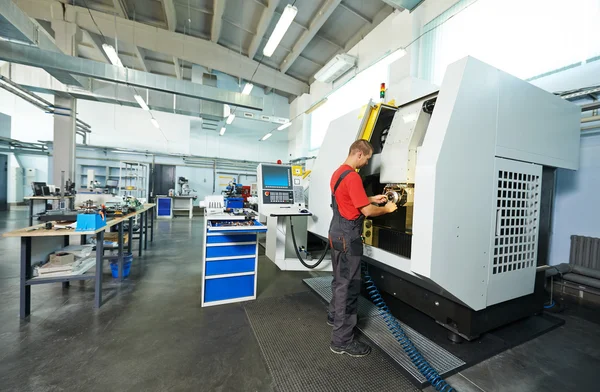
In the realm of modern manufacturing and precision engineering, the role of a CNC machine operator emerges as both pivotal and fascinating. CNC machines, standing as the backbone of production lines across various industries, require skilled operators to unlock their full potential. Our focus on the daily responsibilities of a CNC machine operator sheds light on the criticality of this role in maintaining production efficiency, ensuring product quality, and reducing operational costs. It is imperative for us to understand the intricacies of the role, not only to appreciate the precision involved in the manufacturing process but also to highlight the importance of these operators in the wider context of industrial success.
As we navigate through the article, we will explore what a CNC machine and a CNC operator entail, delving into the details of their daily routine and responsibilities. We will also examine the skills and competencies required to excel as a CNC machine operator, alongside the training and education pathways available. Additionally, we’ll cast our lens over the industries and sectors that heavily rely on CNC operators, discussing career advancement opportunities, salary and compensation expectations, and the job outlook and future trends for this profession. Through this comprehensive exploration, our aim is to provide a roadmap for aspiring professionals and to illuminate the pivotal role CNC machine operators play in today’s manufacturing landscape.
What is a CNC Machine and a CNC Operator?
A CNC (Computer Numerical Control) machine is a pivotal piece of equipment in the manufacturing sector, allowing for the automation of machine tools via software pre-loaded with instructions 7 8 9. These machines execute tasks with high precision by following a set of programmed instructions without manual intervention, effectively making manufacturing processes more efficient and less prone to error 7 8 9.
The term CNC stands for computer numerical control, and it involves the use of computers to control machine tools like lathes, mills, routers, and grinders 9. The software is programmed in a language known as G-code, which dictates the movement and speed of the machinery 9. This automation capability allows for the production of complex and intricate parts with high accuracy and repeatability 8 9.
A CNC operator, therefore, is a professional who manages these sophisticated machines. They are responsible for setting up the machine, ensuring all components are operating correctly, and inputting the data required to produce high-quality parts and materials 10. This includes preparing and operating the machines to perform tasks such as drilling, grinding, and milling 10. CNC operators must understand the specifications of the task at hand and translate these instructions into computer commands that the machine can execute 10.
Operators are also tasked with the maintenance of the equipment, preparing test runs to ensure the output meets the desired specifications, and making adjustments as necessary to optimize the production process 10. Their role is crucial in supervising the machines during operation and in performing quality checks on the finished products to ensure they meet all required specifications 10.
In summary, CNC machines represent a significant advancement in manufacturing technology, offering high precision and efficiency. CNC operators play a critical role in managing these machines, ensuring they operate smoothly and effectively to produce quality parts and materials 10. Their expertise in machine operation, maintenance, and programming is essential for the successful implementation of CNC technology in manufacturing 10.
Daily Routine and Responsibilities of a CNC Operator
Machine Setup and Operation
The daily responsibilities of a CNC machine operator begin with the essential task of machine setup and operation. Before starting the machine, it’s crucial to check oil and coolant levels to ensure they are full, and to verify that the work area is clear of any loose tools or equipment 16. The power is then turned on, and tools are loaded into the tool carousel as per the order listed in the CNC program tool list 16. The part to be machined is mounted in the vise and tightened, followed by setting tool length offsets and part offset XY to ensure precise machining 16. After loading the CNC program, a dry run is performed to ensure the program runs error-free before the actual operation begins 16. At the end of operations, the part is removed, the area cleaned, and the machine properly shut down, maintaining the workspace in optimal condition 16.
Quality Control
Quality control is integral to the daily routine of a CNC operator, ensuring that all machined parts meet the required specifications and quality standards. This involves various inspections such as checking for unexpected error messages upon machine start-up, zeroing axes, and validating tool and work offsets 13. Quality control is further enhanced by in-process probing which automatically verifies key features and tolerances during the CNC machining process 20. This proactive approach allows for real-time adjustments, reducing the number of defective parts and ensuring high-quality output 19 20. The final stage of quality control involves human inspections, serving as the last checkpoint to catch any potential errors missed by automated processes 19.
Tool Monitoring and Maintenance
Effective tool management is crucial for optimizing productivity and minimizing downtime. A CNC operator must maintain a clear and ongoing track of tool quantity, type, and condition to ensure the right tool is available when needed 22. This includes using tool management software to keep track of all information about a tool, such as specifications, usage history, and maintenance records 22. Routine inspections and maintenance are scheduled to extend the lifespan of CNC tools and prevent premature wear and tear 24. Additionally, operators are responsible for ensuring tools are properly handled and loaded, which helps avoid accidents and prevents damage to both the tools and CNC machines 22. By optimizing tool life and continuously adjusting cutting parameters, operators can improve overall efficiency and maintain the quality of the machining process 22.
Skills and Competencies Required for a CNC Operator
Technical Skills
We understand that the backbone of successful CNC operations, especially in industries like aviation, hinges on possessing advanced technical skills. These include proficiency in programming languages such as G-code and M-code, as well as the ability to effectively use CAD/CAM software for designing and modeling parts 25. Additionally, CNC operators are expected to read and interpret technical drawings and schematics accurately 25 26. Familiarity with various cutting tools, materials, and machining techniques is also crucial 25. Regular maintenance tasks such as lubrication, cleaning, and tool changing are part of the routine, ensuring the smooth operation of CNC machines 25. Moreover, a solid grasp of mathematical principles is essential for precision in producing high-quality components 25.
Soft Skills
The importance of soft skills in CNC machining cannot be overstated. Effective communication, problem-solving, and teamwork are pivotal in a setting where precision and efficiency are paramount 28 29. CNC operators must be adept at problem-solving, not just for fixing equipment malfunctions but also for anticipating potential challenges and refining processes 28 29. The ability to clearly convey complex technical information and collaborate with others ensures project objectives are met and client satisfaction is achieved 28 29. Furthermore, attention to detail is a critical skill that allows operators to uphold the highest standards of quality and safety 28 29. Our initiatives at Ben Machine include regular training workshops focusing on enhancing these soft skills, such as communication and teamwork, through mentorship programs and a supportive work environment 29.
Physical Stamina
The role of a CNC operator is not only mentally demanding but also physically taxing. Operators need to handle the physical demands of adjusting equipment, moving materials, and being on their feet for extended periods 33. For heavier materials, the use of hoists or lifts is common, but operators may still need to manipulate these materials during the moving processes 33. Beyond lifting, CNC operators are required to monitor, adjust, and fix equipment, which involves plenty of walking and the strength to move and adjust parts 33. The stamina to maintain performance no matter how long a repair or operation takes is crucial for success in this field 33.
By integrating both technical and soft skills with the necessary physical stamina, CNC operators can excel in their roles, ensuring both personal career growth and the advancement of manufacturing processes.
Training and Education for CNC Operators
On-the-Job Training
On-the-job training for CNC operators is crucial as it allows them to apply their theoretical knowledge in practical settings. This training often includes learning industrial safety procedures, basic machining skills, CNC technology and programming, and more 36. Such programs are designed to prepare learners for immediate job roles, focusing on career-specific skills that are essential for industry success. Our online CNC operator training, for instance, is self-paced and covers essential topics such as hand and power tools, basic machining, and CNC technology and programming, ensuring that learners are job-ready from day one 36.
Technical School Programs
Technical school programs provide comprehensive education in CNC operations, combining classroom learning with hands-on experience. For example, the CNC Programming and Operations degree not only teaches students to write CNC programs but also covers CAD design and analysis applications, precision set-ups, tooling selection, and operation of various CNC milling and turning centers 37. Similarly, the Machine Tool Operation – CNC program is a 9-month diploma offering in-depth study and skills application in the setup and operation of mills, lathes, and other tools, including programming and quality inspection 38.
Students in these programs learn from basic safety practices to interpreting industrial/engineering drawings and applying precision measuring methods to part inspection. These programs are structured to ensure that graduates are proficient in both the technical and practical aspects of CNC machining 38.
Certification Courses
Certification courses are another pathway for CNC operators to enhance their qualifications. These courses often focus on specific skills and knowledge areas necessary for operating CNC machinery effectively. For instance, the Haas CNC Certification Program provides knowledge and skills essential for basic CNC machine operation, delivered through video content followed by quizzes to ensure understanding. Completing this certification allows individuals to stand out in the manufacturing industry as qualified CNC operators 40.
The CNC Technician Technical Diploma, accredited by the National Institute for Metalworking Skills, is another example where learners can gain in-demand skills in just one semester. This certification covers everything from machine and shop safety to fundamental machining processes and CNC machine operation 42.
By participating in these educational and training programs, aspiring CNC operators can significantly enhance their skills and increase their employment prospects in the competitive manufacturing sector.
Industries and Sectors Employing CNC Operators
Automotive Industry
Unfortunately, the available information does not provide specific details about the role of CNC machine operators within the automotive industry 43 44.
Aerospace Industry
In the aerospace sector, precision and accuracy are paramount. CNC operators are instrumental in manufacturing parts that meet strict specifications required for safe and reliable aircraft operation 48. They operate advanced 3 and 5-axis CNC machines, handling complex blueprints and ensuring each part is crafted with the highest degree of precision 48. These operators collaborate closely with NC programmers and department managers to establish and validate NC programs, playing a vital role in the efficiency, quality, and safety of aerospace manufacturing 48. Their expertise not only supports innovation but also drives the industry forward by turning complex designs into tangible components, crucial for the development of new aerospace technologies 48.
Medical Devices Industry
CNC machining has become a cornerstone in medical manufacturing, transforming digital designs into physical components used in a wide array of medical devices, from orthopedic implants to cardiac pacemakers 50 51. The unmatched precision of CNC machining ensures that these components meet the rigorous standards required for clinical use, with tolerances measured in microns 50. This high level of accuracy is critical for patient safety and the effectiveness of medical procedures 50. CNC operators in this sector produce components that meet stringent regulatory standards, contributing to reduced post-operative complications and enhanced patient outcomes 50. The role of CNC operators extends to managing the complexities of machining materials like titanium and ensuring the production of devices without contamination, which is particularly crucial for components like bone screws made using Swiss CNC machines 49 51.
Career Advancement Opportunities
Moving to CNC Machinist
One of the most natural progressions for a CNC machine operator is to become a CNC machinist. Most operators begin their careers by mastering basic machine operations and gradually taking on more complex responsibilities 52. As they gain skills and experience, they often move on to roles that require more precision and expertise, such as setting up CNC machines and making adjustments at the machine’s controller 52. This progression is not only a step up in terms of technical skill but also offers a broader scope of work, including programming and designing parts 52.
Specialized Roles
The CNC industry is vast, with multiple specialized roles that a CNC operator can aspire to. These roles vary from operating different types of machines—like lathes, milling machines, and even more advanced CNC machinery like 3D printers and laser cutters—to taking on specific tasks such as programming or quality control 53. Advanced training and certification often prepare operators for these specialized roles, enhancing their expertise and value within the company 53. Opportunities also exist to teach others about new machinery, a role that not only recognizes an operator’s deep knowledge but also their capability to lead and instruct 53.
Supervisory Positions
For those who are inclined towards leadership, supervisory roles are a significant career advancement opportunity. Starting from a CNC operator, one can rise to positions such as a lead worker or production supervisor 54. These roles involve managing a team, training new employees, enforcing safety regulations, and overseeing the entire production process 54. It requires not only a deep understanding of CNC operations but also strong communication and management skills. Supervisors play a crucial role in planning and executing projects, ensuring that the team meets both quality standards and production deadlines 54.
By embracing these career paths, CNC operators can significantly enhance their professional development and take on more rewarding and challenging roles within the manufacturing industry.
Salary and Compensation
Average Salary
In the aviation sector, CNC machine operators typically earn between $26 and $30 per hour, amounting to an annual salary range of approximately $54,000 to $62,000 64. Comparatively, across various industries, the average hourly wage for CNC operators is reported at $22.23, leading to an estimated annual income of around $46,240 65. Notably, the highest average salaries within the field are found in the petroleum industry, where CNC operators can earn an average wage of $60,080 65. Conversely, the transportation manufacturing industry tends to offer lower compensation, with an average salary of $39,030 65.
Factors Affecting Salary
Several key factors influence the earnings of CNC machine operators. Experience plays a significant role, as operators with more years in the industry typically command higher salaries 64. Geographic location also impacts earnings, with salary variations reflecting the local cost of living and economic conditions 64. Educational background and professional certifications contribute as well, where operators with specialized training or certifications tend to receive higher compensation 64. Additionally, the size of the company and the specific job responsibilities associated with the complexity of the machinery operated can affect salary 64. Market dynamics, such as the supply and demand for skilled CNC operators, especially in sectors like aviation, also play a crucial role in determining wages 64.
Salary by Industry
While the petroleum industry boasts the highest average salaries for CNC operators, the spectrum of compensation varies significantly across different sectors 65. The aviation industry offers competitive wages reflecting the high precision and expertise required, whereas the transportation manufacturing sector presents lower salary averages, likely due to different industrial demands and the nature of the products manufactured 64 65. Each industry’s specific requirements for CNC operation, including the complexity of the tasks and the materials processed, inherently influence the compensation structures 64 65.
Job Outlook and Future Trends
Demand for CNC Operators
The demand for CNC operators is on a significant rise, driven by the increasing reliance on precision manufacturing across various industries such as aerospace, automotive, medical devices, and electronics 77. Deloitte projects that by 2025, there will be 3.5 million manufacturing positions available, but only 1.5 million are expected to be filled, highlighting a critical need for skilled CNC operators 76. This gap underscores the opportunities available for those with CNC programming skills and the knowledge to operate advanced machinery 76. The U.S. Bureau of Labor Statistics supports this outlook, projecting a steady job growth rate for CNC machinists at 3% from 2020 to 2030 77.
Technological Advancements
Technological innovations continue to reshape the landscape of CNC machining. Industry 4.0 technologies, including the Internet of Things (IoT), robotics, and artificial intelligence, are becoming integral to CNC operations 77. These advancements not only enhance the capabilities of CNC machines but also require operators to possess advanced skills in programming and machine maintenance 77. The introduction of six-axis machining and the use of more user-friendly interfaces like touchscreen controls are examples of how technology is making CNC machines more sophisticated and versatile 74.
Future Growth Prospects
The future of CNC machining looks promising and is expected to witness substantial growth thanks to the ongoing technological advancements and the increasing adoption of automation 77. The market for CNC machines is projected to grow significantly, driven by rising demands in sectors like aerospace, automotive, and healthcare 73. This growth is facilitated by the precision and efficiency of CNC technology, which allows for the production of complex parts with high accuracy, ultimately leading to increased productivity and reduced manufacturing costs 73. As CNC technology continues to evolve, the need for highly skilled CNC operators who can adeptly handle these advanced systems is more crucial than ever 77.
Conclusion
Throughout this exploration of the role and significance of CNC machine operators in the modern manufacturing landscape, it becomes clear that these professionals are an indispensable asset. The thorough examination of their daily responsibilities, skills and competencies, along with the requisite training and educational pathways, underscores the complexity and importance of their work. Not only do they ensure the smooth operation and maintenance of CNC machines, but they also play a pivotal role in maintaining high-quality standards, which is crucial across various sectors including aerospace, automotive, and medical devices. The discussion on career advancement opportunities further highlights the vast potential for personal and professional growth within this field, showcasing the dynamic nature of CNC machining as a career choice.
Looking ahead, the future of CNC machining appears both promising and demanding, with technological innovations and the advent of Industry 4.0 technologies presenting new challenges and opportunities for CNC operators. As we contemplate the evolving landscape of manufacturing and the critical gap in skilled labor, the significance of continuous learning and adaptation becomes evident. For those aspiring to excel in this field, the pathway is marked by a commitment to honing technical prowess, embracing technological advancements, and understanding the broader implications of their work on the industry’s future. This exploration not only celebrates the role of CNC machine operators but also serves as a call to action for the next generation of professionals to step forward and contribute to the future of manufacturing.
FAQs
What does a CNC operator do?
A CNC operator is responsible for a range of tasks including obtaining and documenting work orders, reviewing and adjusting CNC software based on written plans and processes, conducting quality checks before machine operation, reporting any defects, errors, and hazards, performing preventive maintenance, and installing and troubleshooting CNC programs.
Can you describe a typical day for a CNC operator?
A typical day for a CNC operator involves setting up cutting tools in the machine, establishing tool offsets, running a test batch to ensure accuracy, loading raw materials into the machine, and monitoring the drilling, grooving, and cutting tasks to maintain specifications.
How should the role of a CNC machine operator be presented on a resume?
On a resume, a CNC machine operator should highlight their responsibilities such as operating CNC machines, fabricating mechanical parts to enhance projects, performing offsets and tool changes as necessary, maintaining CNC machines like lathes, milling, and grinder machines, and making precision adjustments to CNC grinding centers.
What are the responsibilities of a CNC machine technician?
A CNC machine technician’s job involves operating and programming machine tools like lathes, mills, and grinders, which are controlled by computers, to produce precision metal or plastic parts. Their responsibilities include setting up machines, writing and testing programs, and making adjustments to produce high-quality parts.
References
[1] – https://resources.workable.com/cnc-operator-job-description
[2] – https://www.goodwin.edu/enews/what-does-a-cnc-operator-do/
[3] – https://ca.indeed.com/hire/job-description/cnc-operator
[4] – https://resources.workable.com/cnc-operator-job-description
[5] – https://hiring.monster.com/resources/job-descriptions/production/cnc-operator-machinist/
[6] – https://ca.indeed.com/hire/job-description/cnc-operator
[7] – https://astromachineworks.com/what-is-cnc-machining/
[8] – https://www.uti.edu/blog/cnc/6-cnc-machines
[9] – https://www.techtarget.com/searcherp/definition/computer-numerical-control-CNC
[10] – https://resources.workable.com/cnc-operator-job-description
[11] – https://ca.indeed.com/hire/job-description/cnc-operator
[12] – https://hiring.monster.com/resources/job-descriptions/production/cnc-operator-machinist/
[13] – https://www.practicalmachinist.com/forum/threads/cnc-machine-daily-checklist.413370/
[14] – https://epictool.ca/the-best-preventative-maintenance-checklist-for-cnc-machines/
[16] – https://openoregon.pressbooks.pub/manufacturingprocesses45/chapter/unit-5-cnc-operation/
[17] – https://www.cnccookbook.com/cnc-machine-setup-setting-procedure-lathe-milling/
[18] – https://www.syil.com/blog/how-to-set-up-cnc-machine-for-beginners
[19] – https://amfg.ai/2023/11/21/improving-cnc-machining-quality-control/
[20] – https://www.china-machining.com/blog/cnc-quality-control/
[21] – https://www.americanmicroinc.com/resources/importance-quality-control-cnc-machining/
[22] – https://cribwise.com/key-considerations-for-effective-cnc-tooling-management/
[23] – https://www.steckermachine.com/blog/cnc-machine-maintenance-tips-insights-and-preventative-maintenance-checklists
[24] – https://accuratemts.com/the-top-5-tool-management-tips-from-the-pros/
[25] – https://totalaviationstaffing.com/8-essential-skills-every-cnc-operator-should-have/
[26] – https://blogs.autodesk.com/advanced-manufacturing/2018/07/22/cnc-machining-5-skills-that-make-the-best-operators/
[27] – https://www.goodwin.edu/enews/cnc-machinist-skills/
[28] – https://totalaviationstaffing.com/why-soft-skills-are-crucial-for-cnc-lath-mill-machinist-candidates/
[29] – https://benmachine.com/blog/soft-skills-in-cnc-machining/
[30] – https://ca.indeed.com/career-advice/resumes-cover-letters/cnc-operator-skills
[31] – https://apps.illinoisworknet.com/cis/clusters/OccupationDetails/100048?parentId=111300§ion=demands§ionTitle=Physical%20Demands
[32] – https://www.reddit.com/r/Machinists/comments/df6l42/how_physically_demanding_is_it_being_a_cnc/
[33] – https://www.actiongrp.net/2016/05/03/3-skills-seek-cnc-machinist-candidates/
[34] – https://ojt.com/career-pathways-exploration-initiative/cnc-machinist-operator/
[35] – https://www.indeed.com/q-paid-cnc-training-jobs.html
[36] – https://www.pennfoster.edu/programs/trades/cnc-operator-professional-training
[37] – http://www.tctc.edu/programs/career-programs/cnc-programming-and-operations/
[38] – https://www.northwoodtech.edu/academic-programs/degree-programs-and-certificates/machine-tool-operation-cnc
[39] – https://www.uti.edu/programs/cnc-machining
[40] – https://www.haascnc.com/myhaas/haas_certification_US.html
[41] – https://cpe-online.kennesaw.edu/training-programs/cnc-machinist/
[42] – https://www.clcillinois.edu/programs/egrdv/precision-machining-technology/cnc-operator-certificate-career-certificate
[43] – https://www.indeed.com/q-cnc-operator-l-california-jobs.html
[44] – https://www.indeed.com/q-cnc-machinist-automotive-manufacturing-jobs.html
[45] – https://www.motorsportjobs.com/en/jobs/cnc-operator
[46] – https://www.indeed.com/q-aerospace-cnc-machinist-jobs.html
[47] – https://www.ziprecruiter.com/Jobs/Aerospace-Cnc
[48] – https://totalaviationstaffing.com/the-importance-of-cnc-operators-in-aerospace-manufacturing/
[49] – https://www.mastercam.com/news/blog/cnc-machining-for-the-medical-industry-what-you-need-to-know/
[50] – https://geomiq.com/blog/cnc-machining-in-medical-industry/
[51] – https://www.gemsons.com/why-is-cnc-machining-in-demand-in-the-medical-industry/
[52] – https://www.trscraftservices.com/blogs/2020-9/what-is-the-career-path-for-a-cnc-machinist
[53] – https://www.potential.com/articles/what-is-the-career-path-for-a-cnc-machinist/
[54] – https://www.steckermachine.com/blog/4-tips-to-advance-your-manufacturing-career-path
[55] – https://www.xometry.com/resources/machining/cnc-machinist-job-description/
[56] – https://www.teamncw.com/cnc-operator-career-path/
[57] – https://uk.indeed.com/career-advice/finding-a-job/what-is-cnc-operator
[58] – https://www.indeed.com/q-cnc-supervisor-jobs.html
[59] – https://www.indeed.com/q-cnc-supervisor-l-north-carolina-jobs.html
[60] – https://www.ziprecruiter.com/Jobs/Cnc-Production-Supervisor/–in-North-Carolina
[61] – https://www.indeed.com/career/cnc-operator/salaries/OH
[62] – https://www.ziprecruiter.com/Salaries/Cnc-Machine-Operator-Salary–in-Ohio
[63] – https://www.reddit.com/r/CNC/comments/n0n5y5/how_much_money_are_yall_making/
[64] – https://totalaviationstaffing.com/cnc-operator-salary-how-much-can-you-expect-to-make/
[65] – https://www.randstadusa.com/job-seeker/career-advice/job-profiles/cnc-operator/
[67] – https://www.ziprecruiter.com/Salaries/Cnc-Operator-Salary–in-California
[68] – https://www.indeed.com/career/cnc-operator/salaries/CA
[69] – https://www.glassdoor.com/Salaries/california-cnc-operator-salary-SRCH_IL.0,10_IS2280_KO11,23.htm
[70] – https://www.goodwin.edu/enews/in-demand-cnc-machining-careers/
[71] – https://totalaviationstaffing.com/the-job-outlook-for-cnc-lath-mill-machinists-what-you-need-to-know/
[72] – https://www.reddit.com/r/Machinists/comments/11mc903/is_there_a_future_for_new_machinists/
[73] – https://www.tensilemillcnc.com/blog/the-impact-of-cnc-machines-on-industrial-automation-a-deep-dive
[74] – https://www.linkedin.com/pulse/latest-technological-advancements-cnc-machines-anand-roopnarine
[75] – https://3dpatternandmouldmakersltd.co.uk/guides/cnc-technology-advancements-and-their-impact-on-the-manufacturing-industry/
[76] – https://www.trscraftservices.com/blogs/2020-9/what-is-the-career-path-for-a-cnc-machinist
[77] – https://totalaviationstaffing.com/the-job-outlook-for-cnc-lath-mill-machinists-what-you-need-to-know/
[78] – https://www.steckermachine.com/blog/4-tips-to-advance-your-manufacturing-career-path
[79] – https://resources.workable.com/cnc-operator-job-description
[80] – https://hiring.monster.com/resources/job-descriptions/production/cnc-operator-machinist/
[81] – https://ca.indeed.com/hire/job-description/cnc-operator
[82] – https://www.reddit.com/r/CNC/comments/16iv5us/is_a_career_in_cnc_worth_it/
[83] – https://www.quora.com/Do-you-think-a-CNC-machine-operator-programmer-is-a-future-job
[84] – https://www.linkedin.com/pulse/heres-what-you-can-do-become-best-operator-machinist-make-gilchrist

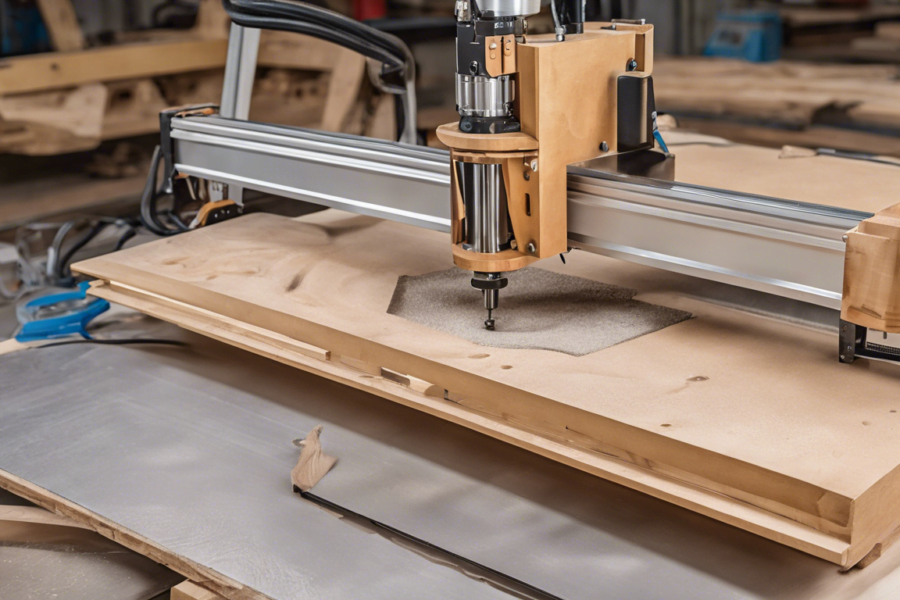
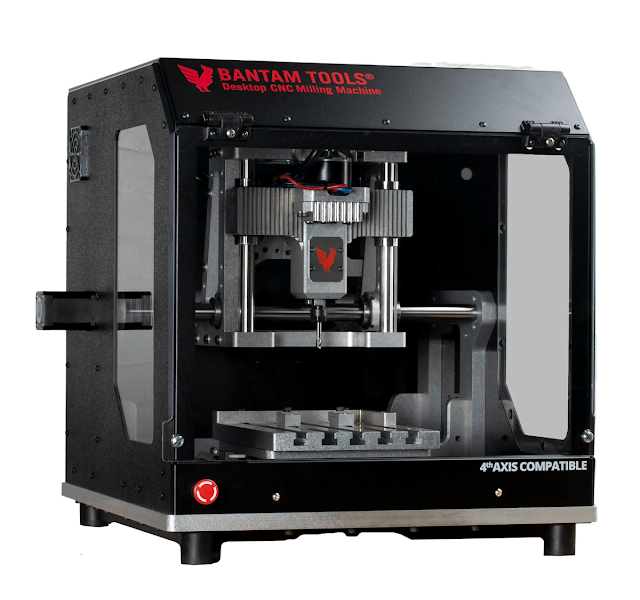
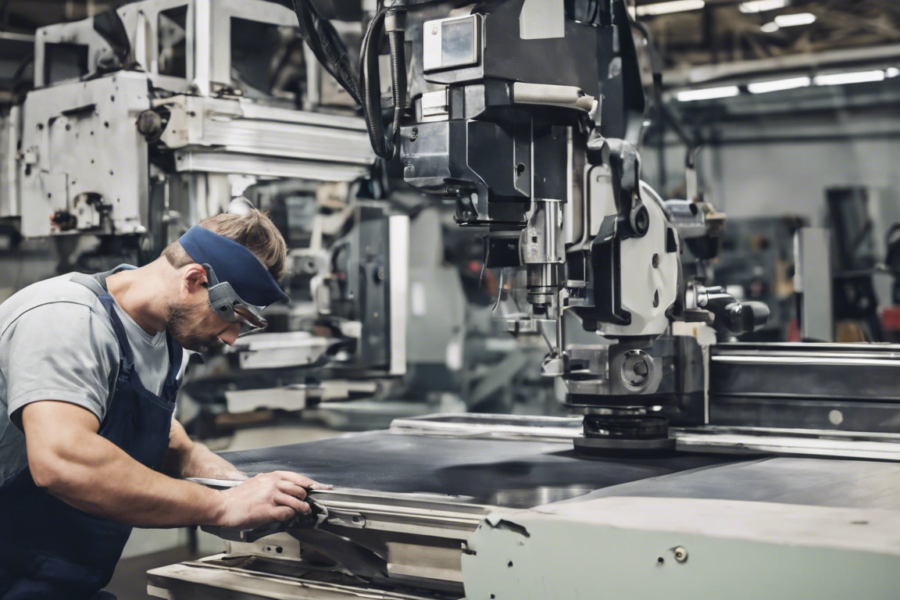
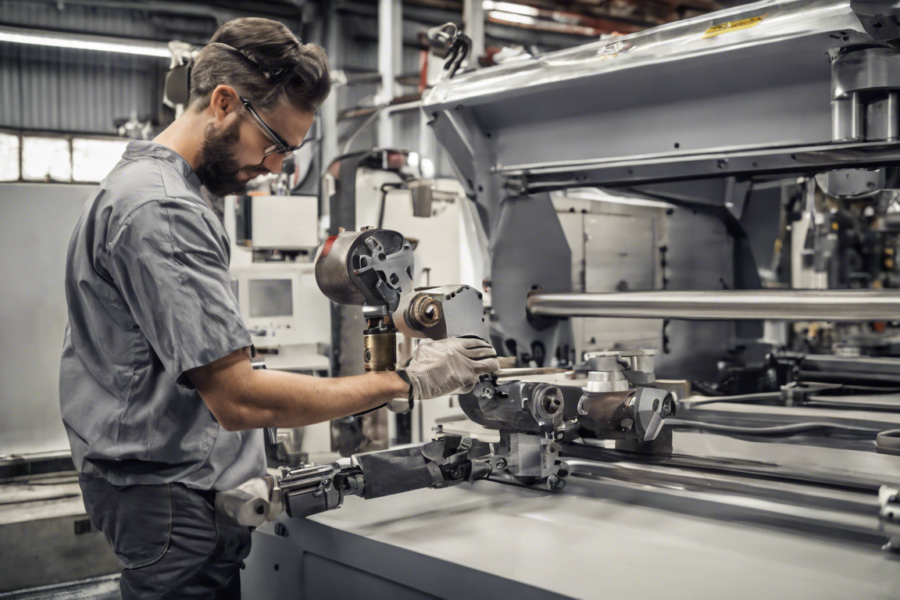
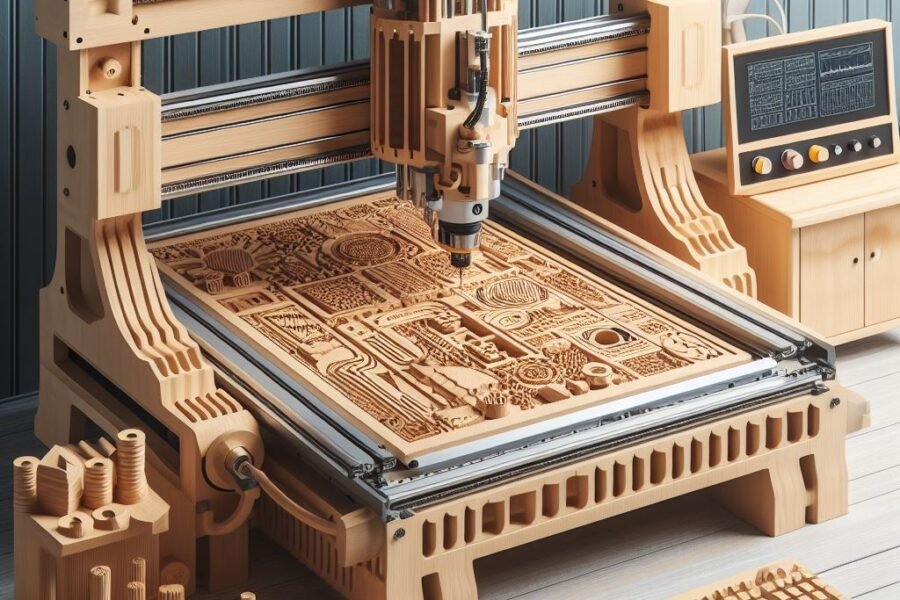
Leave a Comment